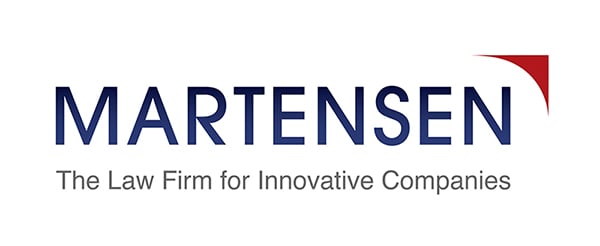Common Intellectual Property Mistakes
IP is for tech companies. Every company possesses Intellectual Property. A misconception exists that IP is only for tech companies such as Apple or Intel and IP is only about patents. Not true. 100% of companies possess IP. IP is not just about patents but also includes protecting a company’s brand, is creative work and trade secrets. To often companies spend a tremendous amount of energy creating a product or service and gain recognition in the market only to find out that another possesses the rights to the same or similar name, forcing them to rebrand. Every company should consider IP and determine what can and cannot be protected.
Trade secrets are easy to protect. Trade secrets are often misunderstood and even more frequently inadequately protected. A trade secret can be a secret formula or process of manufacturing or something as simple, but just as valuable, as a customer list or cost of goods sold. This is information critical to a business’ success and falls into the category of a trade secret. But to be protected it must be identified, labeled, and treated as a trade secret. Otherwise, when an employee moves on and takes your customer list with them, you are left will little options.
If it’s on the Internet, it's free. If you come upon four bikes on a bike rack and three are secured with locks but one is not, does that mean you can take the one that not locked up? Just because a picture or text is not marked with a copyright notice or similar marking does not mean it is free for the taking. Downloading and copying pictures, text and other material without permission can lead to a letter seeking compensation or worse, a visit to a court room.
I paid for it so I own it. You may own the deliverable but not the rights. When you purchase a book at a book store you own that copy of the story. You do not own the rights to republish/reprint the store and sell multiple copies but you can sell that book at your garage sale. Everyone recognizes that concept. It also applies to work done for you by independent contractors. Startups often cannot afford full time employees so they engage contractors to accomplish specific tasks. Unless the ownership of the rights associated with a product are negotiated upfront, those rights remain with the creator of the product, not the purchaser. Software code, photographs, domain names, web content. You need to understand what you are and are not buying.



